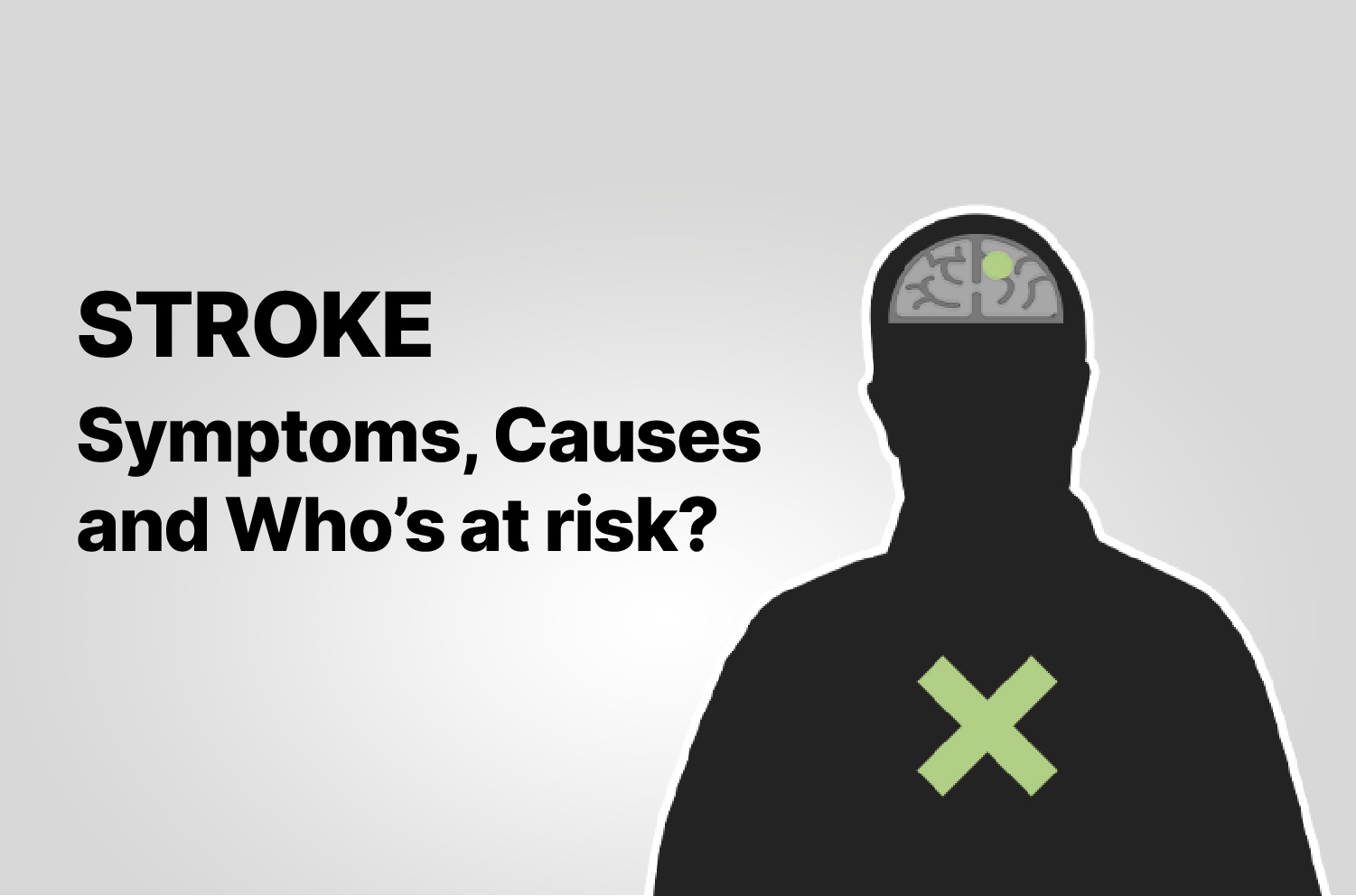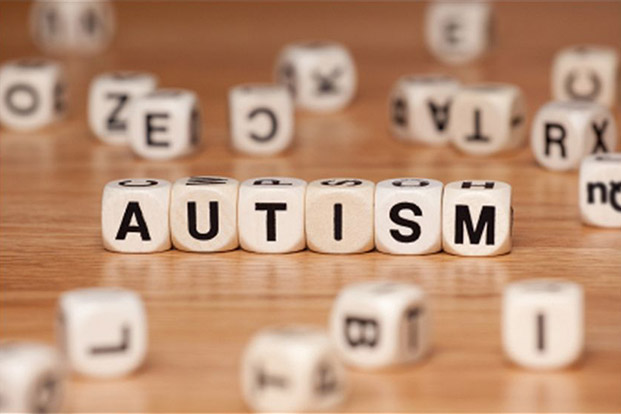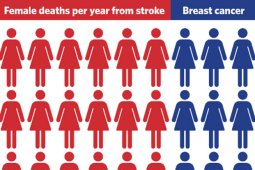Categories
- Bariatric Surgery (11)
- Black Fungus (5)
- Bone Marrow transplant (3)
- Brain Tumor Surgery Navigation Technology (20)
- Cardiac Surgery (66)
- Cardiology (97)
- Computer navigation technology for joint replacements (20)
- Covid Vaccination (17)
- Critical Care (2)
- Dental (19)
- Dermatology (31)
- Dialysis Support Group - “UTSAAH” (11)
- Dietitian (33)
- Emergency Medicine (4)
- Emotional Health (11)
- Endocrinology (33)
- ENT (20)
- Gastroenterology and GI Surgery (53)
- General and Laparoscopic Surgery (21)
- General Surgery (4)
- Gynecology & Obstetrics (183)
- Hematology (20)
- Internal Medicine (294)
- Kidney Transplant (50)
- Kidney Transplantation (20)
- Lung Cancer (8)
- Minimal Invasive Surgery (1)
- Mother & Child (20)
- mucormycosis (5)
- Nephrology (61)
- Neurology (147)
- Neurosurgery (68)
- Nutrition and Dietetics (107)
- Omicron Variant (1)
- Oncology (288)
- Ophthalmology (10)
- Orthopaedics & Joint Replacement (86)
- Paediatrics (59)
- Pediatric Nephrology (3)
- Physiotherapy (5)
- Plastic & Reconstructive Surgery (6)
- Psychiatry and Psychology (90)
- Psychologist (28)
- Pulmonology (72)
- Rheumatology (13)
- Spine Services (21)
- Transradial Angioplasty (16)
- Urology (84)
Query Form
Posted on Apr 19, 2022
What is Intellectual Disability?
Intellectual disability refers to significant limitations in learning, thinking, solving problems, making sense of the world, and developing everyday life skills. All people with intellectual disabilities are capable of learning and can live a worthwhile and happy life. Intellectual disability is a disability that affects the way you learn

Disability can affect a person in the following ways:
- It may take longer to learn things
- The person may have difficulty reading and writing
- It can affect how the person’s communication
- It will affect the person’s understanding
- The person may find it difficult to maintain eye contact
- The person may have difficulty understanding abstract concepts
- It may affect the person’s ability to plan and to problem solve
- It may affect the person’s ability to adapt to new or unfamiliar situations
- It can involve the person presenting well “cloak of competence”
What do you understand by Intellectual Disability?
Intellectual disability (ID) is also known as mental retardation and is characterized by below-average intelligence or mental ability and it is necessary to have skills for day-to-day living. People with intellectual disabilities can and do learn new skills, but they learn them more slowly. There are varying degrees of intellectual disability, from mild to profound.
As intellectual disabilities are not illnesses, there are no treatments per se. Instead, interventions focus on identifying abilities and limitations. The goal is to provide sufficient supports that maximize each person’s functioning. In this respect, we may speak of rehabilitation, rather than of treatment. In this section, we discuss the strategies used in supportive rehabilitation.
Intellectual disability has limitations in two areas. These areas are:
- Intellectual functioning. It is also known as IQ, this refers to a person’s ability to learn the reason, make decisions, and solve problems.
- Adaptive behaviors.These are skills necessary for day-to-day life, such as being able to communicate effectively.
If a kid has an intellectual disability, it means that he or she learns and develops more slowly than other kids. At one time, intellectual disabilities were called “mental retardation,” but that term is not used as much anymore because it hurts people’s feelings.



